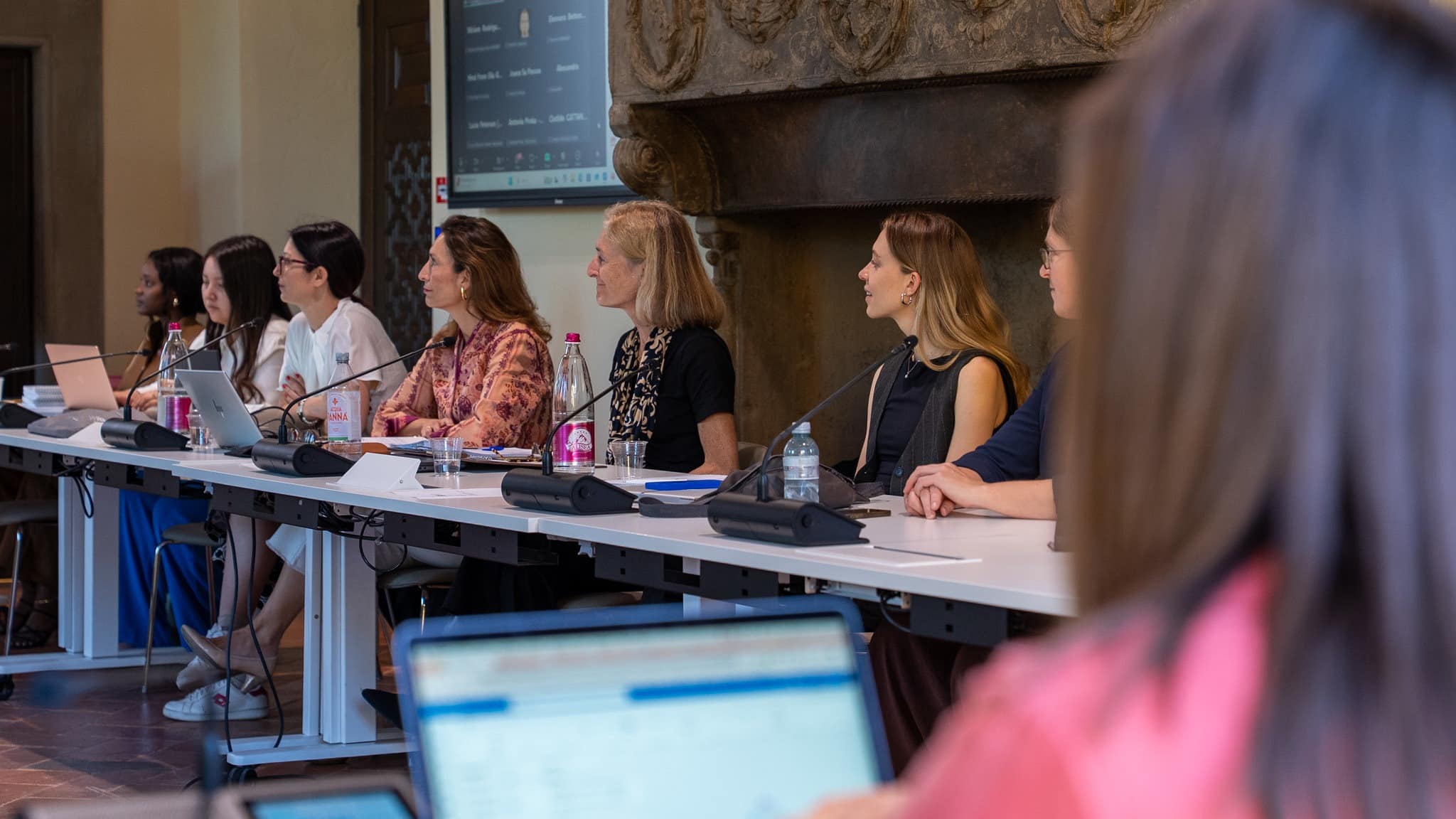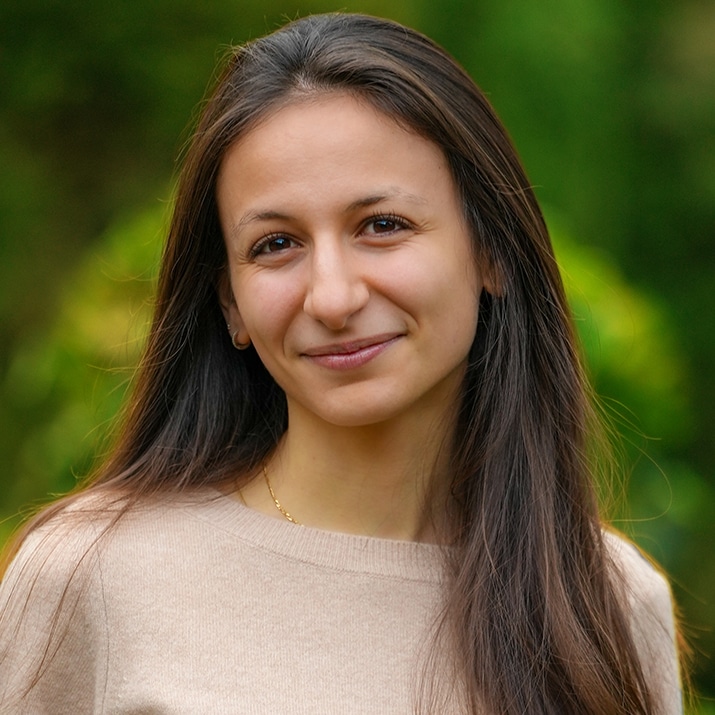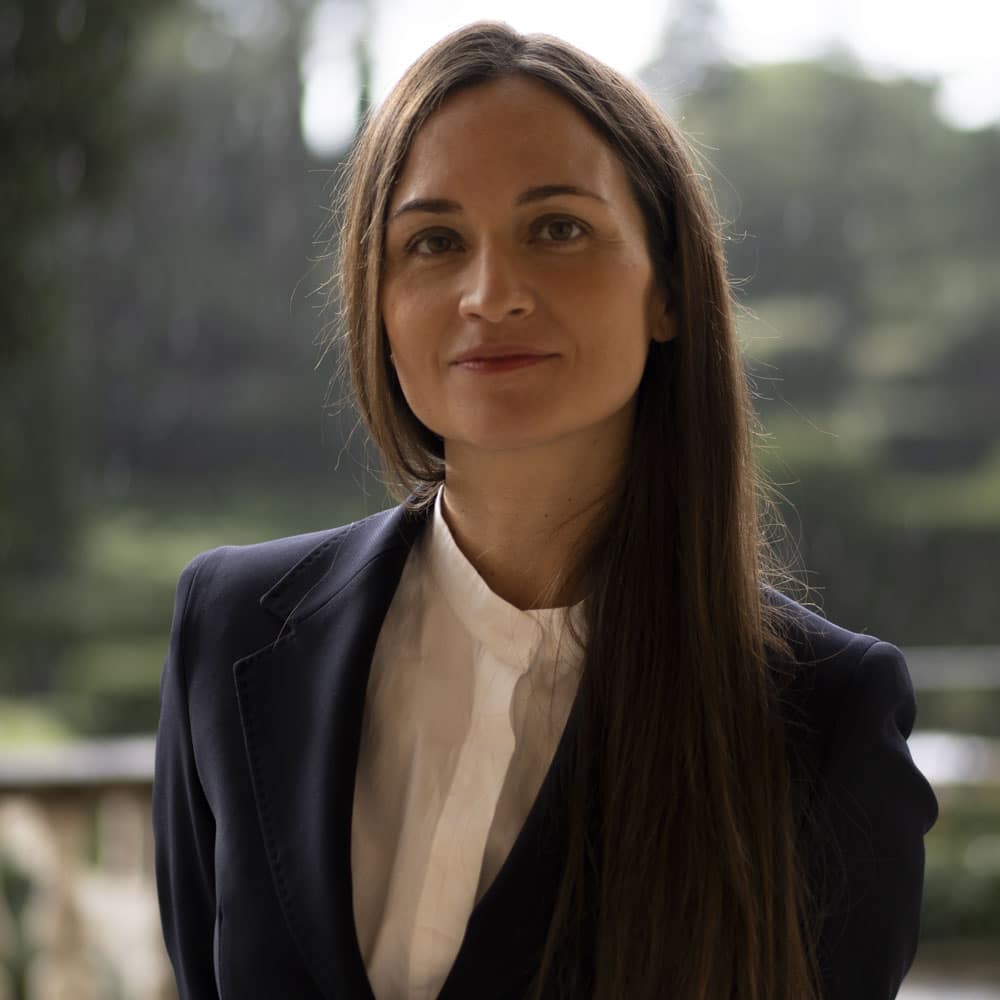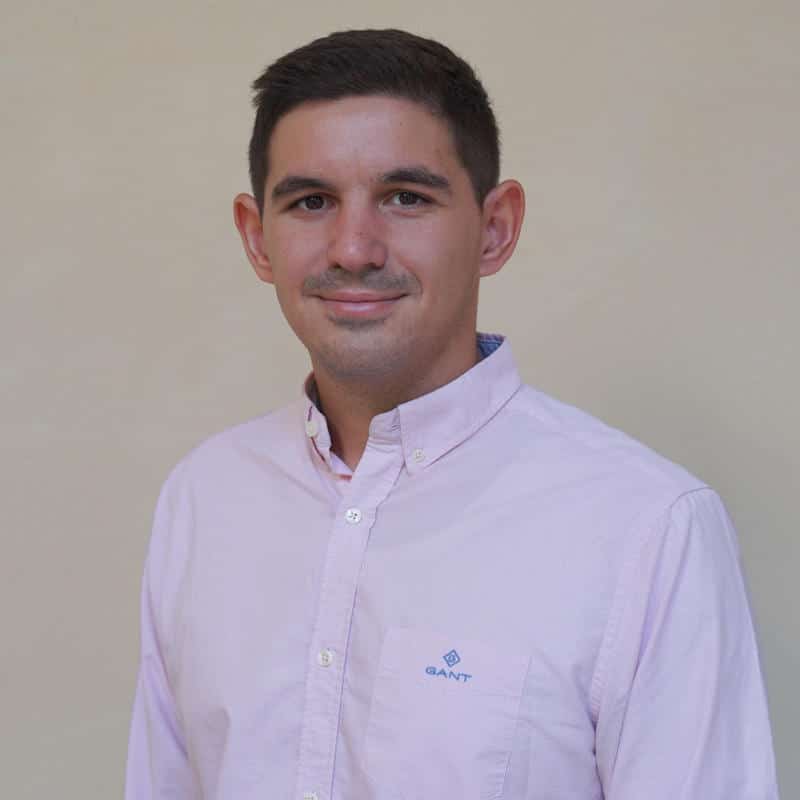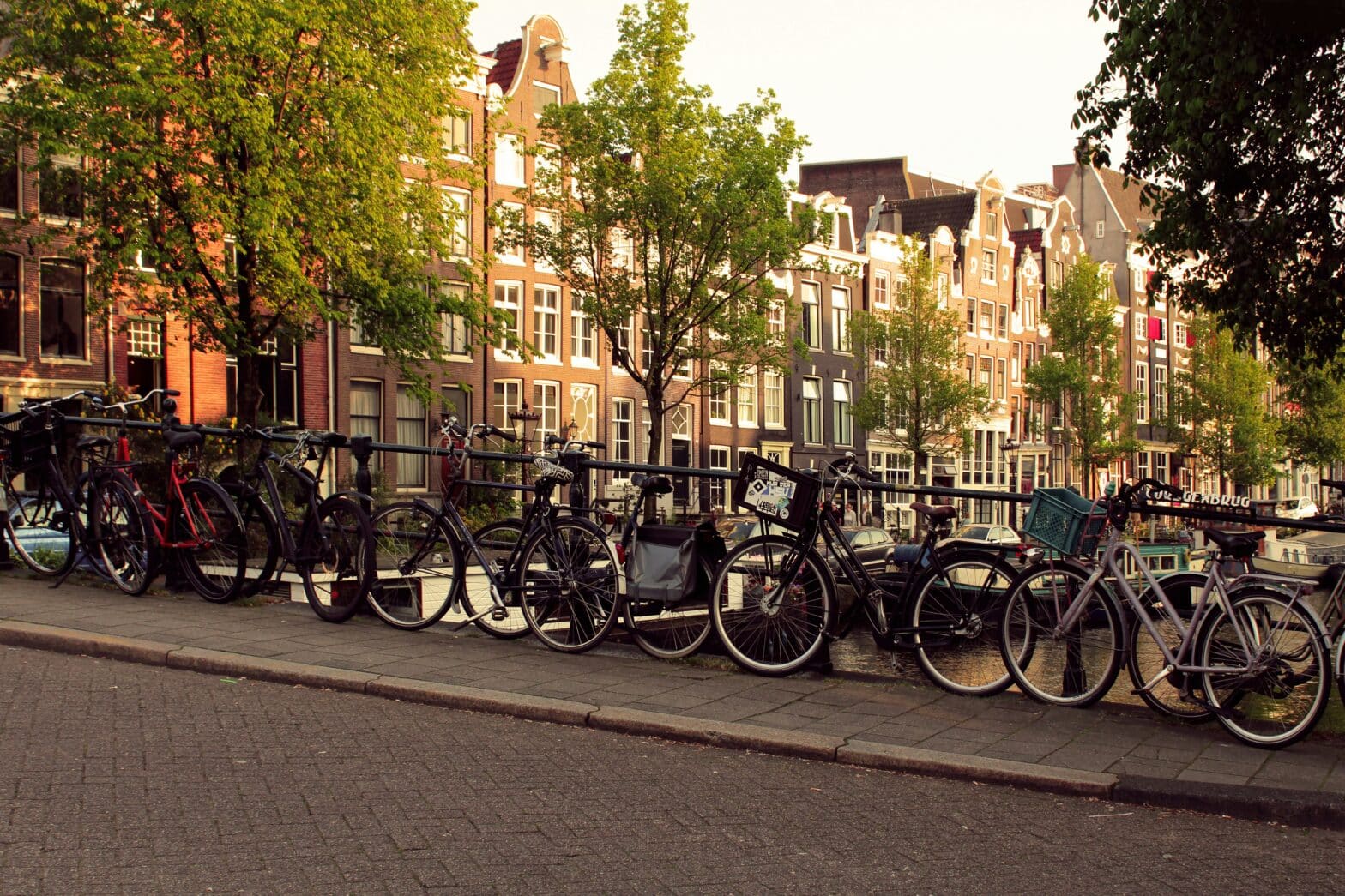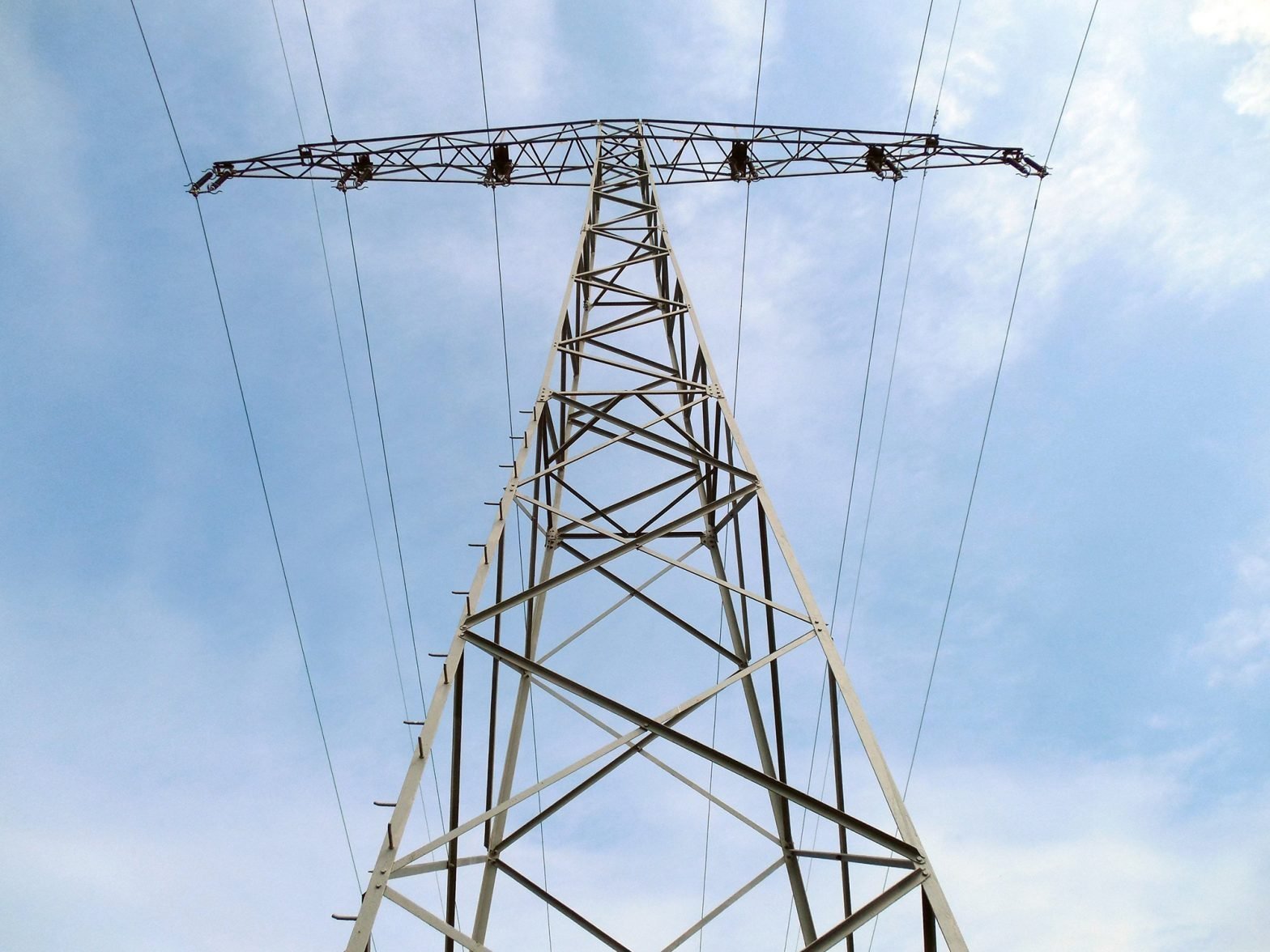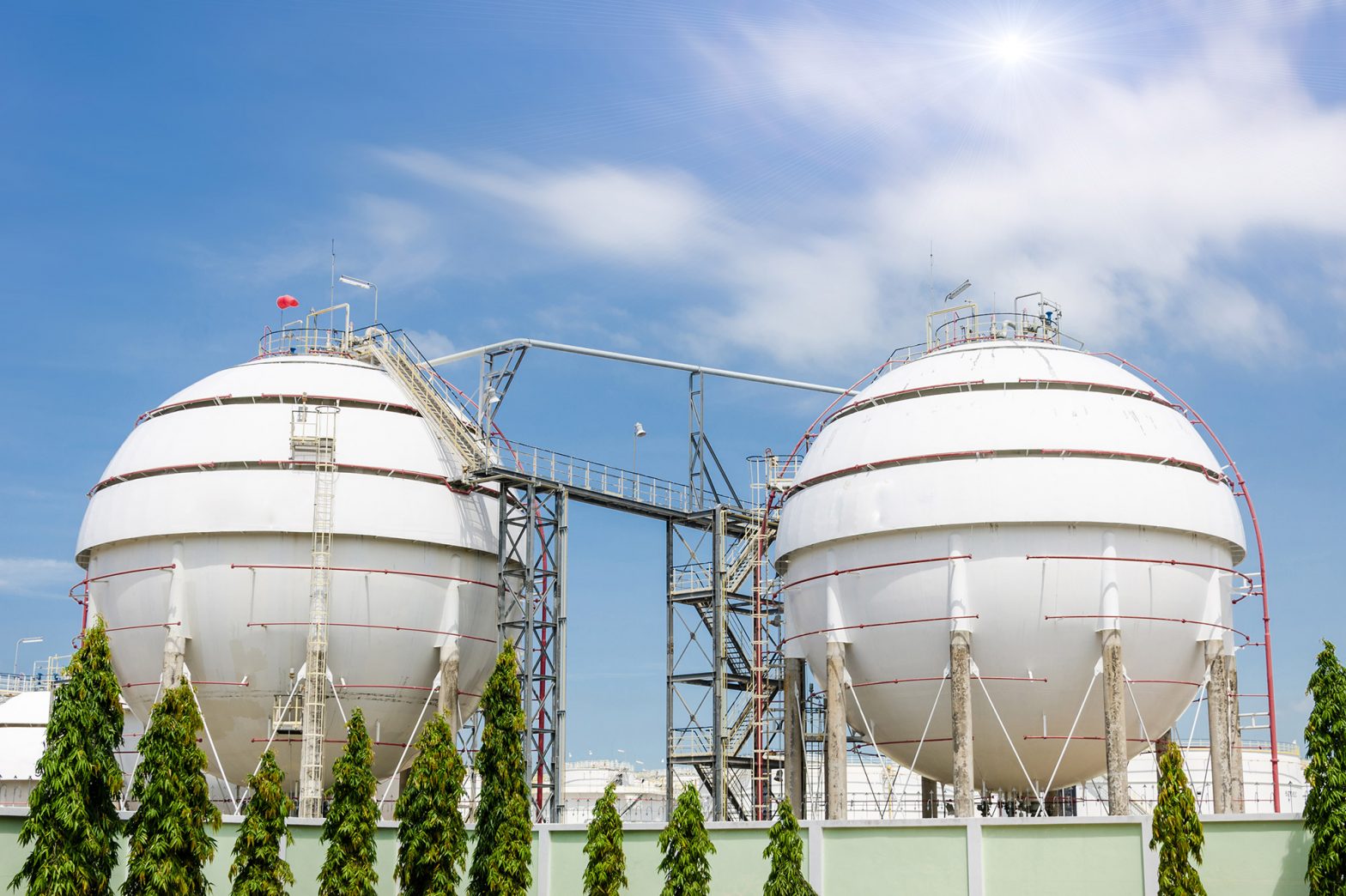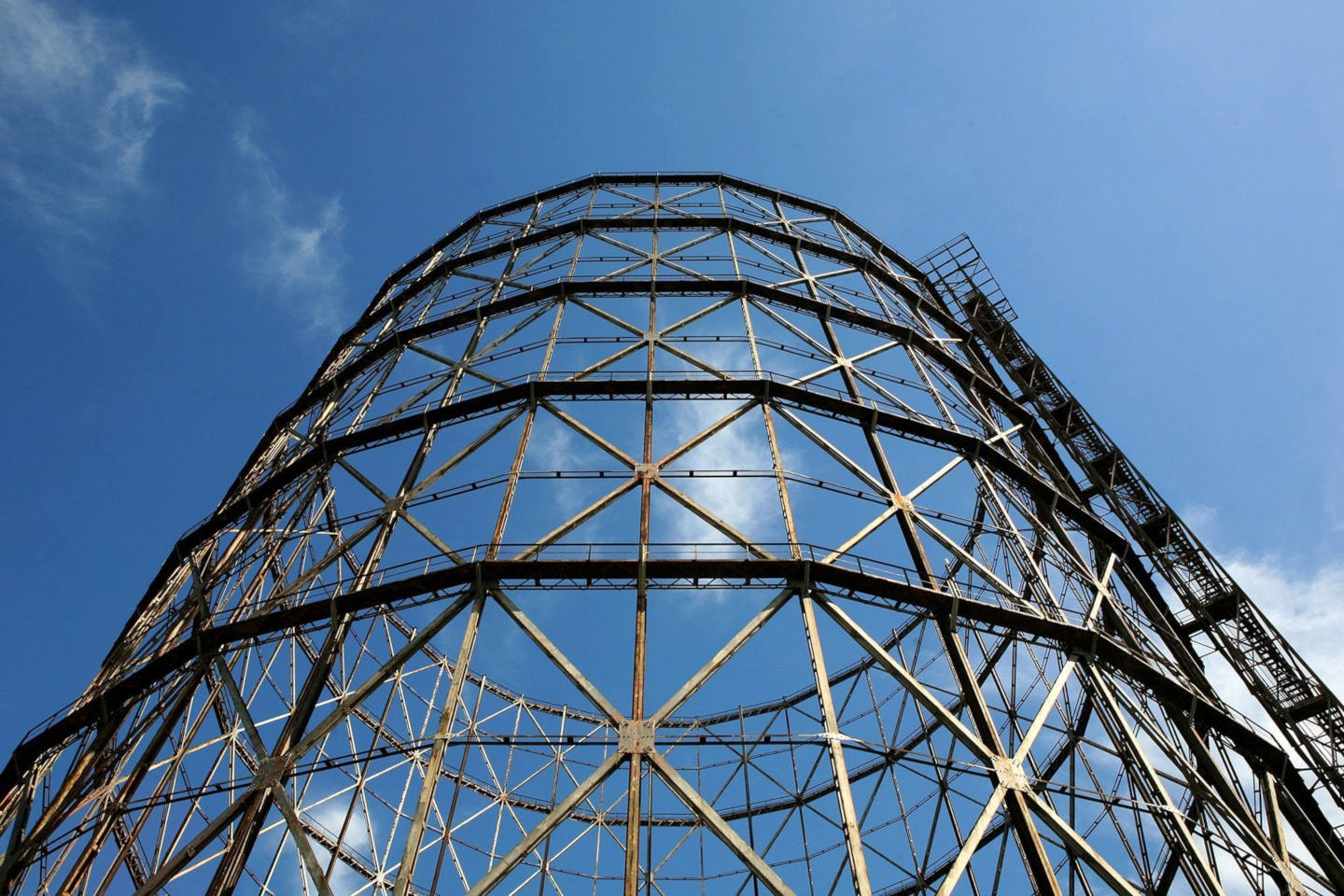Energy Law Research School
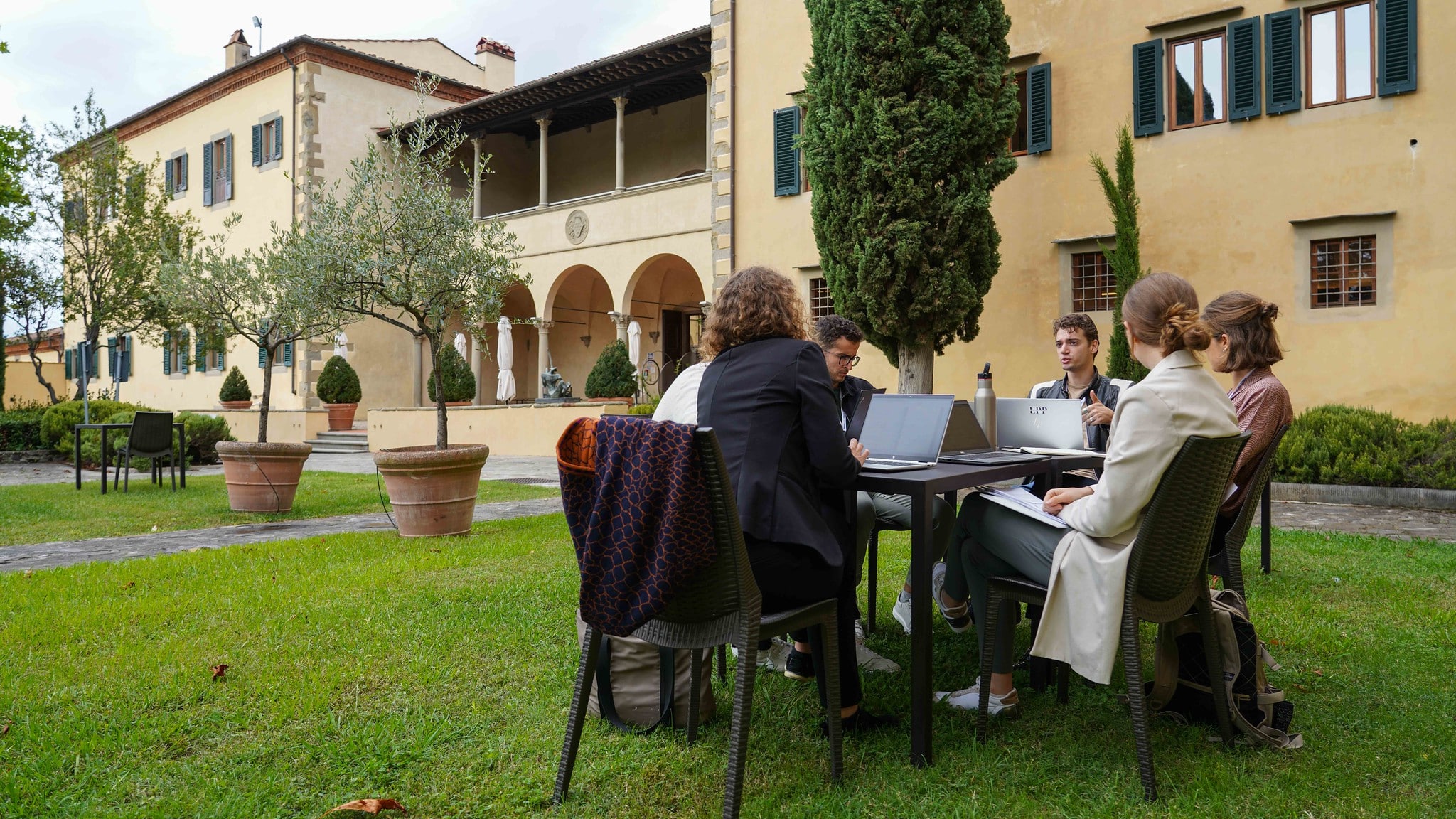
The Energy Law Research School seeks to offer emerging scholars (doctoral and postdoctoral researchers) in EU energy law the opportunity to gain an understanding of the most important issues in the field, while sharpening their legal and interdisciplinary research skills.
Bringing together a forward-thinking faculty of legal experts and adopting a strong, multidisciplinary research approach, this training will provide participants with practical instruction and advice on the most important emerging issues in EU energy law and discover how to bolster their research by using a range of legal methods and by pragmatically harnessing the findings of other disciplines. It will help participants navigate the complexities of the study of the EU’s energy law and will support them in positioning their research output in order to fully leverage the complementarities between law, economics and political science in examining current EU energy issues.
This course is conducted in collaboration with the ERC INTEL Project (University of Eastern Finland) and the ELAWNET Project (University of Oslo).
European energy law is subject to lively scholarly enquiry. Significant changes in the EU’s energy acquis over the course of the first von der Leyen Commission have created novel challenges for EU energy law, but at the same time opened up new, fruitful avenues for academic analysis. The Clean Industrial Deal priority of the 2024-2029 Commission and the Union’s quest for strategic autonomy in its energy policy as well as in industrial and raw materials supply chains is likely to add even more complexity and interdependencies. The multifaceted and increasingly intricate interplay between, policy, technology, law and regulation calls for an approach to the study of EU energy law that cannot remain confined to the doctrinal, but must position itself in dialogue with other disciplines studying the Union’s energy transition. It must be able to draw on multidisciplinary research and at the same be conscious of the ways in which legal research can add value to policy and academic analysis in other disciplines.
In this training, participants will receive practical instruction and advice on the most important emerging issues in EU energy law and discover how to bolster their research by using legal methodologies and by pragmatically harnessing the findings of other disciplines.
Participants will gain a comprehensive understanding of the EU’s energy agenda and acquire the necessary tools to engage with it academically. This training will empower them to contribute to the debate in an incisive and impactful manner.
Day 1: The Research Agenda in EU Energy Law
- Conceptualising EU energy law as a discipline
- The legacy of the European Green Deal and REPowerEU
- Energy policy priorities of the 2024-29 Commission: key legal and regulatory issues
- How does energy law research relate to the EU’s policy priorities?
Day 2: Designing and Leveraging Impactful EU Energy Law Research Projects
Part I (morning)
- The ‘added value’ of EU energy law
- Identifying impactful opportunities for energy law research
- Making energy law accessible to other disciplines when writing and presenting
Part II (afternoon)
- Discussion of papers
Day 3: Methodology and Interdisciplinarity in Energy Law
Part I (morning)
- (Legal) research methods and energy
- How to approach the interdisciplinarity of energy in legal research
- Positioning your own research in the methodological scenery of energy law research
Part II (afternoon)
- Discussion of papers (continued)
- Panel and roundtable discussion on publishing EU energy law research
The course is given in English and developed for:
PhD and post-doctoral researchers working on EU energy law.
Upon successful completion of the Research School, participants will be able to:
- identify the most critical, current issues in EU energy law;
- recognise and compare different approaches to studying energy law;
- explain the role and relevance of energy research in other disciplines to the academic analysis of energy law;
- discuss and present their research in multidisciplinary fora;
- contextualise legal research projects in the broader scholarly debate on EU energy issues.
The workload is expected to be 8 hours/day during the course and approximately ten to fifteen hours before the beginning of the course.
Please note that only a selected number of participants will be admitted. Participants are required to attach the following documents to their registration form:
- a short CV (max. 2 pages),
- an extended abstract of their paper (max. 600-800 words). The full draft paper will be required at a later stage.
The draft paper should be an original, piece of work that has not been submitted for peer review or published in a peer-reviewed journal or edited volume. This ensures that the feedback received during the school can be effectively incorporated to enhance the paper. Papers published on the author’s personal website, or as a working paper or preprint, are still eligible for consideration. Co-authored papers are welcome, as long as the attending author has made significant contributions to the methodology and core analysis of the paper.
Please note that the information above is mandatory for consideration for admission and to enable participants to be efficiently matched for peer reviewing and further interaction.
Participants will receive a response regarding their admission after the registration deadline.
Selected participants will be required to submit their final research paper of no more than 8,000 words (including footnotes, but excluding abstract, bibliography, and any annexes), by mid-July 2025.
The FSR is offering 3 EUI Widening Europe Programme scholarships for the Energy Law Research School. The scholarship will cover the course registration fee and provide funding for travel and accommodation in Florence for the full duration of the course.
Application Deadline: 30 April 2025
Applicants must:
- Hold nationality in one of the targeted EUI WEP countries
- Be affiliated with a higher education institution and/or public research centre in any of the targeted EUI WEP countries
Read more info and apply now!
General Fee: 500 EUR
Cancellation policy
Paid registration fee is non-refundable. However, registrant substitution may be made up to 20 days before the start date of the course.
Contact: fsr.conferences@eui.eu
For more information, please read the full FSR cancellation policy.
FAQs Invoicing and Payment Process
Please arrange your travel and accommodation as soon as possible as Florence is very popular in this period.
The fee covers participation in the training, coffee breaks, lunches, and any meals or social activities outlined in the event programme. Travel and accommodation costs are not included.
This is a fully residential training course, and classes will be held in Florence on 15-17 September 2025.
By submitting your application, you are committing to pay the corresponding fee.
Event venue
Cappella
Villa Schifanoia
Via Giovanni Boccaccio, 121
50133 Firenze (FI)
How to reach the venue
Information to reach the venue available at this link.
In collaboration with the ERC INTEL Project (University of Eastern Finland) and the ELAWNET Project (Energy LAW in the light of the green transition towards NET zero emissions, University of Oslo).



